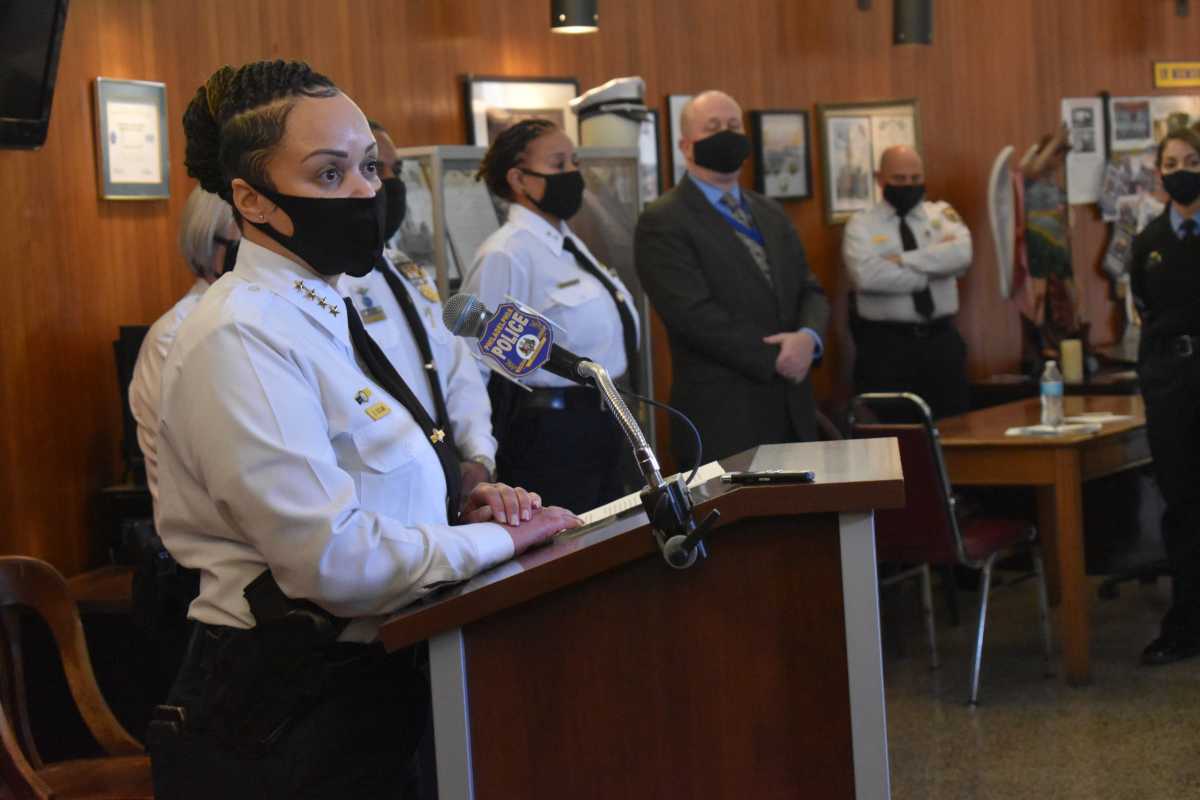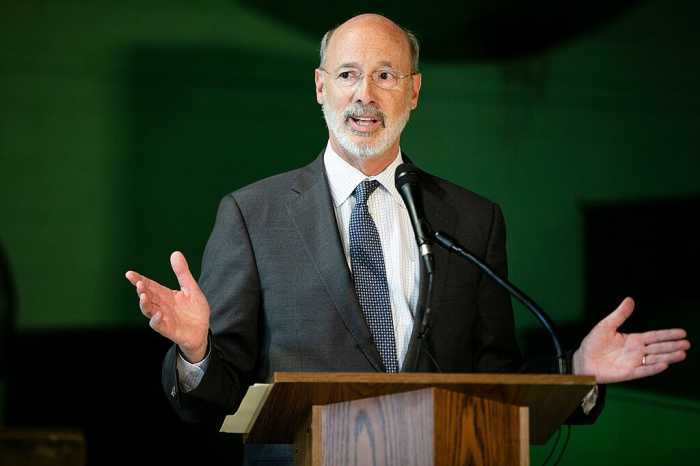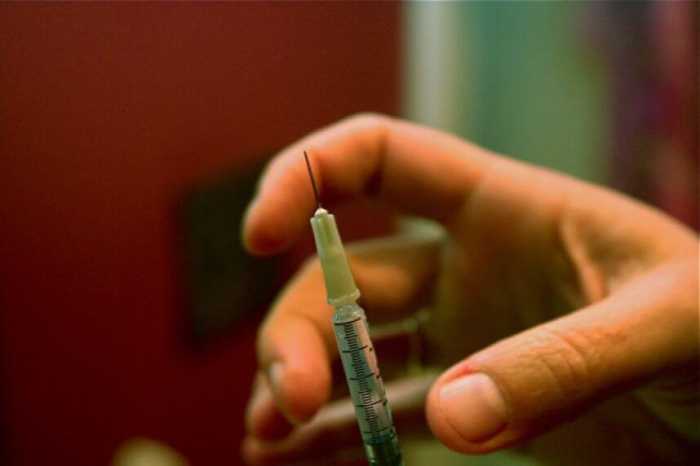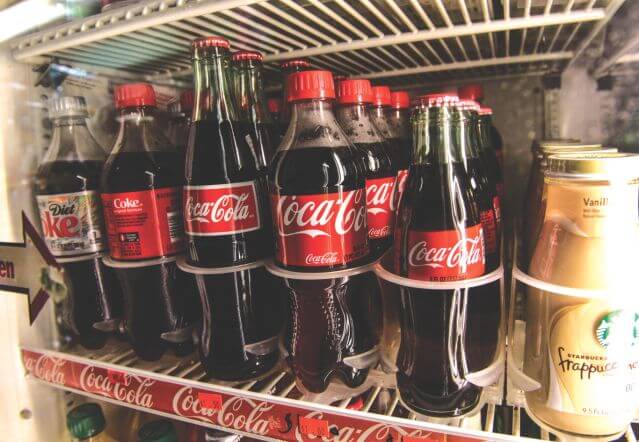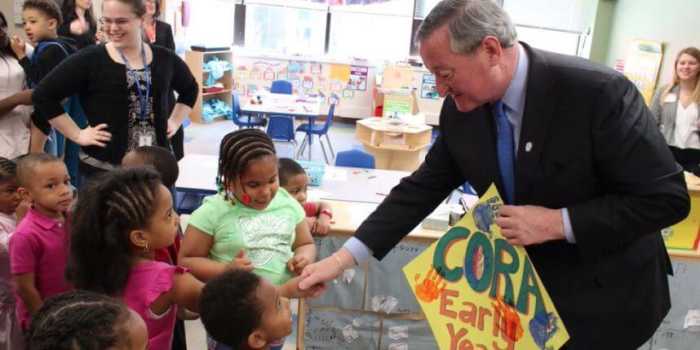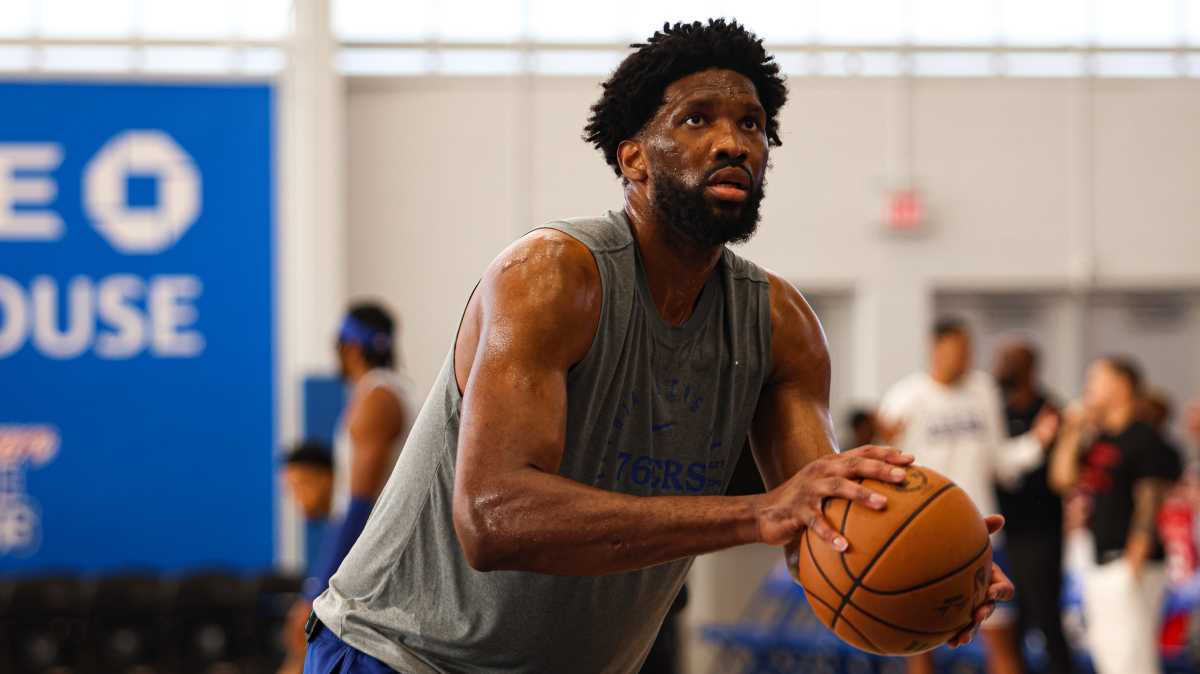Police Commissioner Danielle Outlaw vowed not to step down, a day after the release of a scathing report criticizing her and Mayor Jim Kenney for their leadership during the protests and violence that followed the death of George Floyd.
The document, published by the office of City Controller Rebecca Rhynhart, made the case that poor planning and insufficient manpower led to the use of tear gas and rubber bullets on I-676 and in West Philadelphia.
It faulted a “failure of leadership at the highest levels of city government” and claimed Kenney reluctantly green-lighted the use of tear gas at Outlaw’s request.
The chemical agent, the report noted, had not been used in Philadelphia since the events surrounding the infamous 1985 MOVE bombing.
Outlaw, who is nearing her one-year anniversary on the job, admitted that she approved the use of tear gas during a meeting with SWAT officers May 31, the same night it was used at 52nd and Market streets and on nearby residential areas.
She approved deploying gas in West Philadelphia as demonstrations became violent, though she admitted Thursday that the tactic did not prove to be effective at controlling crowds over the summer.
Outlaw, partially in response to an Inquirer editorial calling for her to be ousted, said she has received backing from city leaders, including Kenney, who tweeted Thursday that she has his “full support.”
“Do I deserve to be here? Absolutely and some,” she told reporters Thursday. “Did I lead this department in the last year? Absolutely and some.”
“No police commissioner, chief, superintendent has ever had to deal with what we’ve dealt with in the past year,” she added, citing the unrest, a rise in homicides, the pandemic and a tense election.
The report, which was conducted by Ballard Spahr and AT-RISK International, argued that city officials should have been bracing for large-scale protests in the days leading up to the demonstrations in May.
Clashes with police were occurring in other cities after Floyd’s death, but there was a sense among city leaders that the intensity of those protests would not spread to Philadelphia, according to the report.
It stated that key officials didn’t meet to discuss potential protests until May 29, a day before widespread looting broke out in Center City.
The report asserted that less-lethal munitions — such as tear gas, pepper spray and rubber bullets — would not have been necessary had the PPD followed practices it has employed for large events in the past and put more officers on the street.
If more police were deployed by cancelling planned days off, it would have also prevented a significant portion of the looting, according to the City Controller’s investigation.
Outlaw said there was “no blueprint” for how to handle the demonstrations, which she characterized as unique in the city’s recent history for their size and scattered nature.
She acknowledged that the PPD was initially “woefully understaffed” to handle the situation.
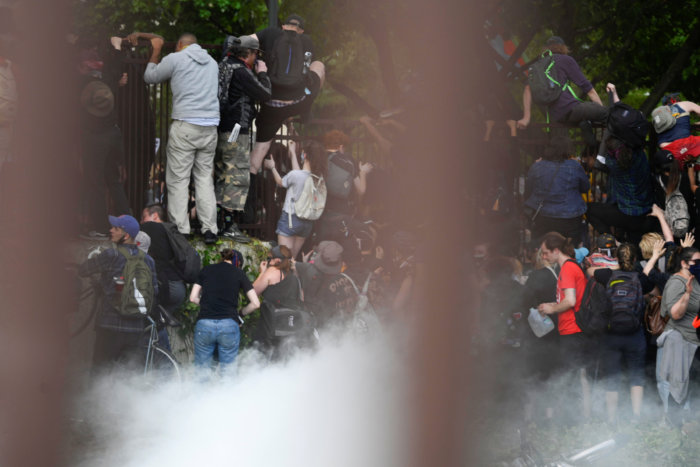
The report revealed that Outlaw was personally on the scene when teargas was used June 1 on protesters who had spilled onto the Vine Street Expressway. She was watching from an SUV parked on a nearby overpass.
Outlaw said she was driving around the perimeter of the demonstration when she heard gas had been deployed. She pulled up and surveyed the scene, but got there after everything had calmed down, she said.
“I called the incident commander to ask him what was going on,” Outlaw said. “I said, ‘Look, I made it very clear, we were to have this discussion,’ and he said, ‘I’m sorry, everything moved quickly,’ and that was that.”
Deputy Commissioner Dennis Wilson gave the go-ahead without her permission, Outlaw said in June. She had previously told high-level officers to check with her before deploying gas. Wilson was later voluntarily demoted.
The City Controller’s investigation alleged Outlaw had sought to use tear gas on people near City Hall May 30 but was turned down by other top municipal officials.
Outlaw said Thursday that she doesn’t remember making that request and doesn’t believe it occurred.
A “hesitant” Kenney approved the PPD’s use of the chemical agent if necessary during a May 31 discussion with Outlaw, the report said, but she did not go back to him to get approval prior to its use in West Philadelphia or on I-676.
The report argued Kenney should have required Outlaw return to him for specific approval each time tear gas was deployed.
Kenney’s office said the controller’s report attempted to cast blame, and it rejected what it called “unsubstantiated claims” regarding the mayor’s leadership.
The Mayor’s Office and Outlaw said the document’s recommendations mirrored those in an independent after-action report released by the city last month.
Kenney’s office also pushed back on the report’s finding that Fire Chief Adam Thiel took a hands-off approach to his duties as head of the city’s Office of Emergency Management.
“The fact that the Controller chose to make such an inaccurate claim about dedicated public servants is repugnant, and its lack of accuracy certainly calls into question the veracity of her other claims,” the Mayor’s Office said.
Rhynhart’s report recommends reestablishing OEM as an independent department, so that it has more power to take initiative in the future.
The document also points to the PPD’s inspector of homeland security, a position that has remained vacant for about 11 months. Having someone in that would have aided the police response, it asserted.
Ballard Spahr and AT-RISK International reviewed 1,700 documents and interviewed more than two dozen city officials, including Outlaw and former Managing Director Brian Abernathy, during its investigation.
Investigators did not speak to Kenney because he agreed only to provide written answers to a pre-approved list of questions.



